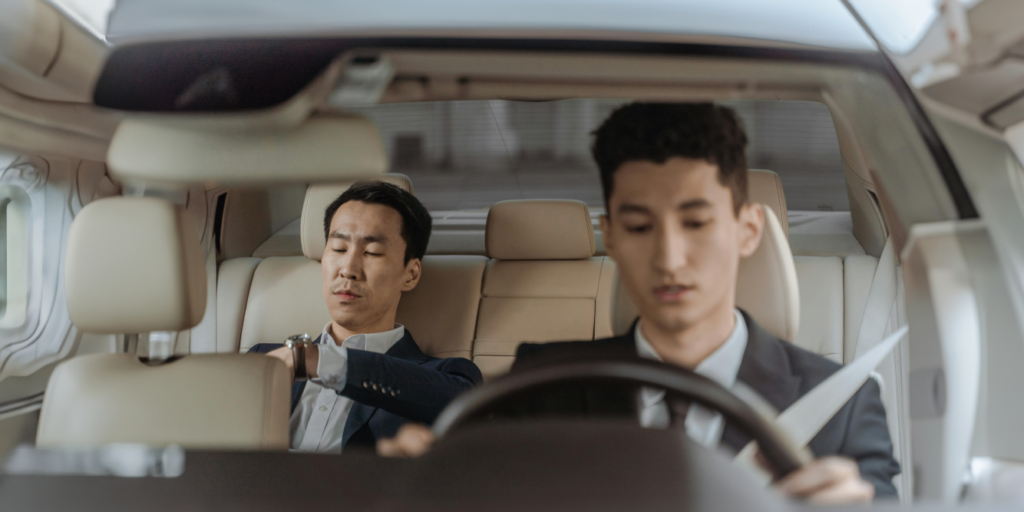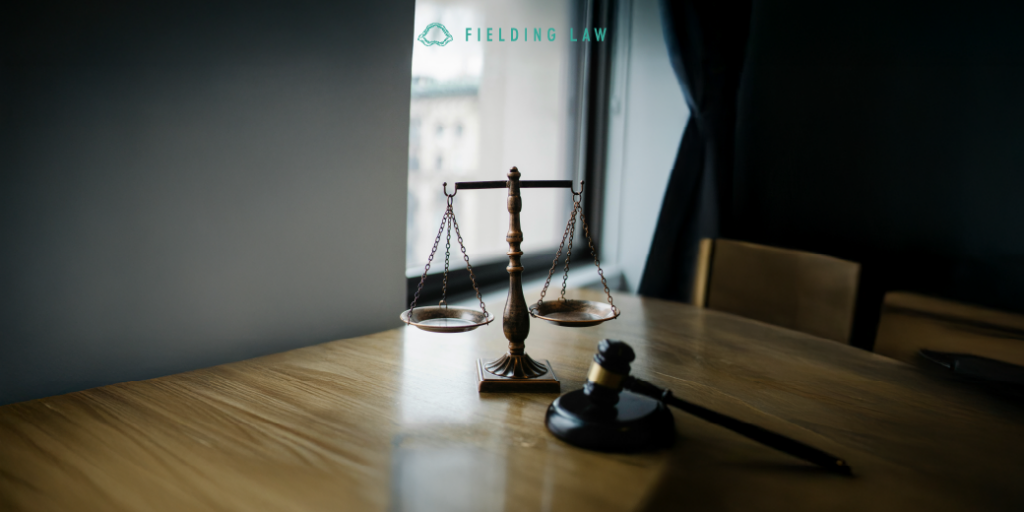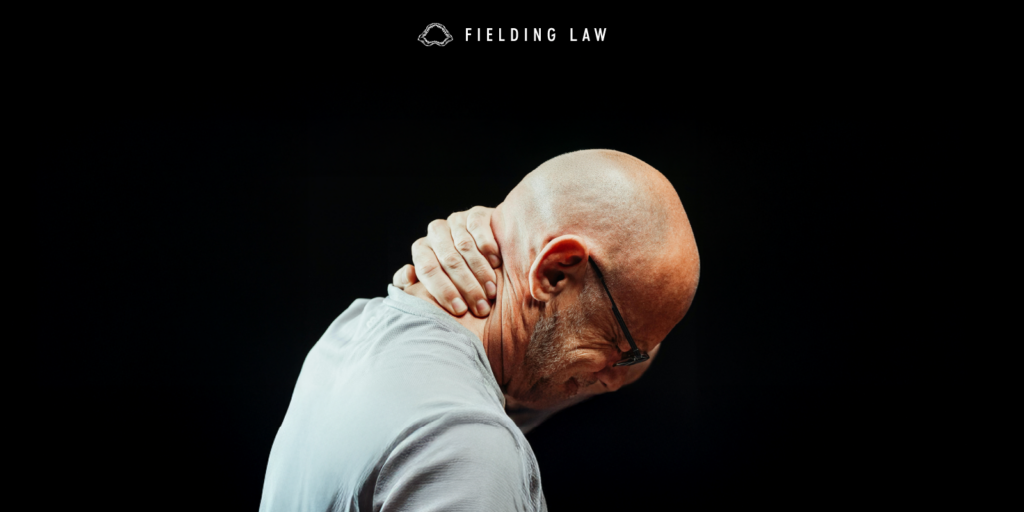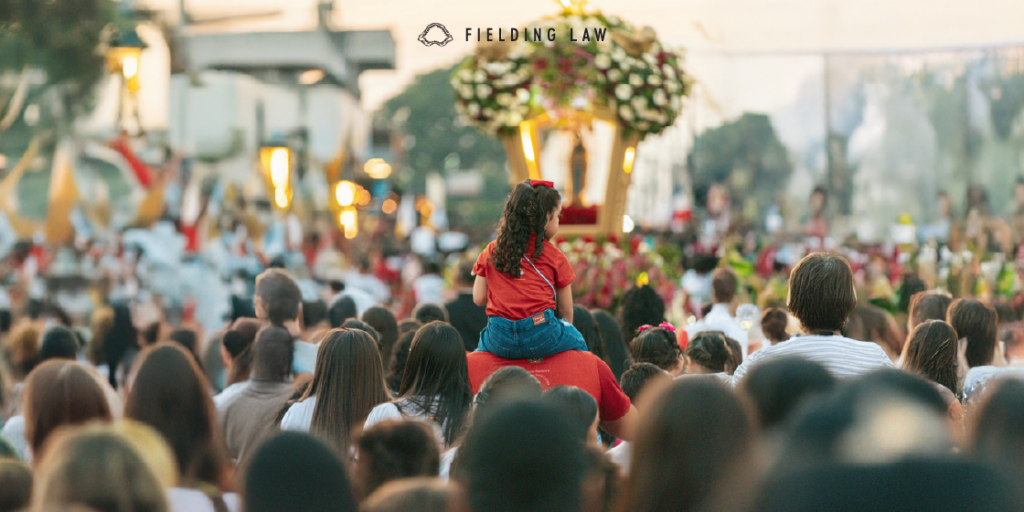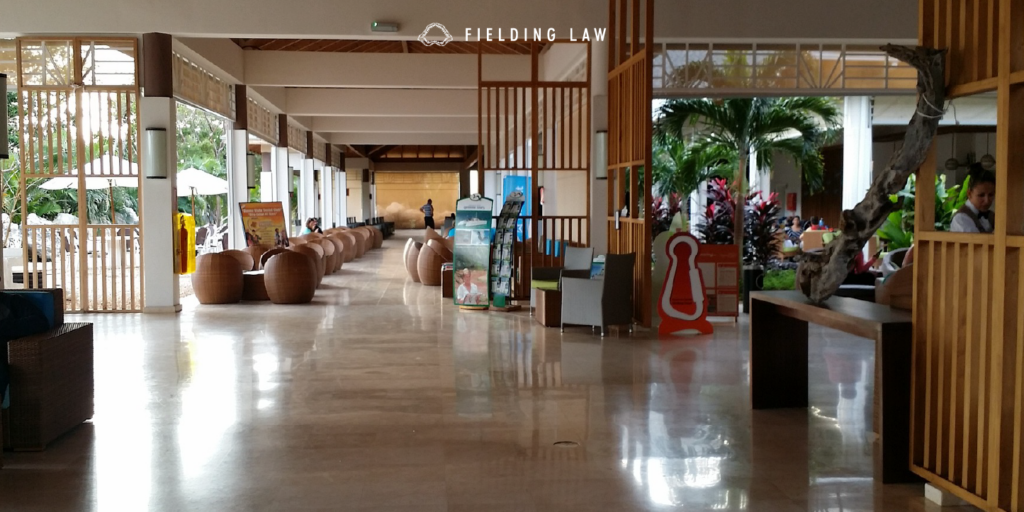Negligence is a key factor in personal injury cases. Proving negligence determines whether a victim can receive compensation for their injuries. This guide explains how negligence works, how insurance companies and defendants may try to reduce their liability, and how evidence can strengthen your claim.
What Is Negligence?
Negligence occurs when someone fails to act with reasonable care, causing harm to another person. To prove negligence, you must demonstrate these elements:
- Duty of Care: The defendant owed a duty to act responsibly.
- Breach of Duty: The defendant failed to meet that responsibility.
- Causation: The breach directly caused the injury.
- Damages: The injury resulted in measurable losses, such as medical bills or lost income.
How Insurance Companies Minimize Negligence
Insurance companies often try to reduce their client’s responsibility to pay less compensation. They may:
- Claim the victim contributed to the accident: This is known as comparative liability. In states that follow comparative negligence rules, the compensation you receive could be reduced by the percentage of fault attributed to you. For example, if you are found 20% at fault, your compensation may be reduced by 20%.
- Downplay the severity of the injuries.
- Question the credibility of evidence or witnesses.
A skilled attorney counters these tactics by gathering strong evidence and presenting a compelling case.
How Defendants Avoid Responsibility
Defendants may use similar strategies to avoid accountability. Common defenses include:
- Arguing they acted reasonably under the circumstances.
- Shifting blame to the victim or a third party.
- Denying the connection between their actions and the injury.
Your legal team can challenge these arguments to hold the responsible party accountable.
How Evidence Strengthens Your Claim
Strong evidence proves negligence and ensures fair compensation. Helpful evidence includes:
- Accident reports and medical records.
- Photos of injuries and the accident scene.
- Witness statements and expert testimony.
Each piece of evidence builds a stronger case, making it harder for insurers or defendants to dispute their liability.
Why Choose Fielding Law?
At Fielding Law, we understand the challenges victims face when dealing with negligence claims. Our experienced team fights for your rights with ethical and effective representation. We carefully gather evidence, counter insurance tactics, and guide you through every step of your case. Call 833.88.SHARK today to schedule your free consultation.
